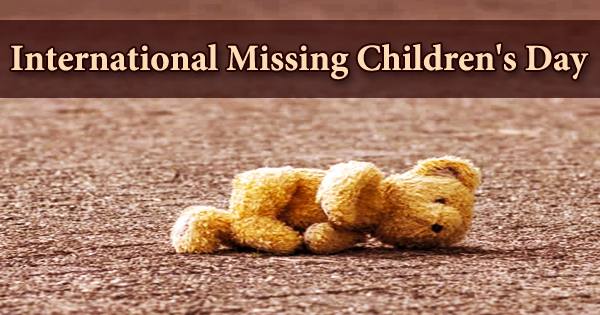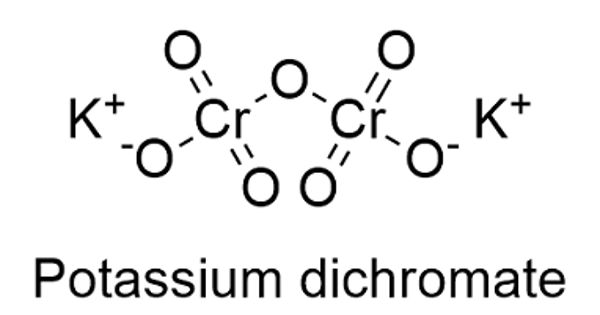The 25th of May is International Missing Children’s Day (IMCD), a day where people all over the world honor missing children who have returned home, remember those who have been victims of violence, and continue to look for those who are still missing. Former US President Ronald Reagan declared National Missing Children’s Day for the first time in 1983. The 25th of May has been known as Missing Children’s Day, with the forget-me-not flower as its symbol. Every year, more countries observe International Missing Children’s Day, recognizing the importance of a global response to protect young children. Every day, children go missing all over the world. They may be runaways or missing for unexplained reasons, victims of abductions by family or non-family members, or simply lost or missing with a “benign” explanation. While the majority of children who go missing return home on their own in a short time, the longer a child is gone, the more fragile he or she becomes. Children who go missing are subject to sexual abuse, forced labor, physical and emotional brutality, as well as illegal activity, regardless of the circumstances. In the United Kingdom, on average, 8% of runaway children are sexually assaulted when they are missing. The Global Missing Children’s Network (GMCN) is a network of countries that collaborate, exchange best practices, and disseminate information and photographs of missing children to increase the efficacy of missing children investigations. It was established in 1998 as a joint venture between the International Centre for Missing & Exploited Children (ICMEC) and the United States’ National Center for Missing & Exploited Children (NCMEC). Albania, Argentina, Australia, Belarus, Belgium, Brazil, Chile, Costa Rica, Ecuador, Germany, Greece, Guatemala, Ireland, Italy, Jamaica, Lithuania, Mexico, the Netherlands, New Zealand, Poland, Portugal, Russia, Serbia, South Korea, Spain, Taiwan, the United Kingdom, and the United States are among the Network’s 29 member countries. Child sex trafficking is estimated to affect one out of every six runaways reported to the National Center for Missing and Exploited Children in the United States. The longer a child is missing, the greater the danger he or she is exposed to.
President Ronald Reagan of the United States declared May 25th to be “National Missing Children’s Day” in 1983. Following the 1979 disappearance of Etan Patz, a six-year-old boy on his way to school in New York City, the proclamation was issued. The case sparked public outrage, and fears of missing children spread throughout the country. Since the United States started commemorating missing children in this manner, other countries around the world have followed suit. Every year on May 25, GMCN members commemorate lost and kidnapped children while also remembering those who have been found on International Missing Children’s Day. Every individual has a role to play in the protection of children by providing a safer environment that protects them from these dangers. This year, in celebration of International Missing Children’s Day, ICMEC’s social media outlets will concentrate on raising awareness about the problems of missing children and child abduction, as well as ways that we can all help get missing children home. Thanks to a joint initiative by the GMCN, Missing Children Europe, and the European Commission, the 25th of May was first officially recognized as International Missing Children’s Day (IMCD) in 2001. The International Centre for Missing and Exploited Children (ICMEC) is a non-profit, 501(c)(3) organization dedicated to making the world a better place for all children by ending child abduction, sexual violence, and exploitation. ICMEC has trained over 10,000 law enforcement officers from 117 countries since its establishment in 1998; partnered with governments in over 100 countries to refine or enact laws against child pornography; and expanded global involvement in International Missing Children’s Day, which has been observed in more than 20 countries spanning six continents since 2001; and created a 23-member Global Missing Children’s Network. ICMEC is based in the United States and has regional offices in Brazil and Singapore. The majority of children reported missing are found safe and sound within 24 hours, but for those who are not, their families may face months or years of heartbreak and uncertainty. Every year, it is estimated that over one million young people go missing around the world. Every year, more countries celebrate the International Day for the Protection of Vulnerable Children (IMCD), recognizing the need for a coordinated response to protect vulnerable children.
















